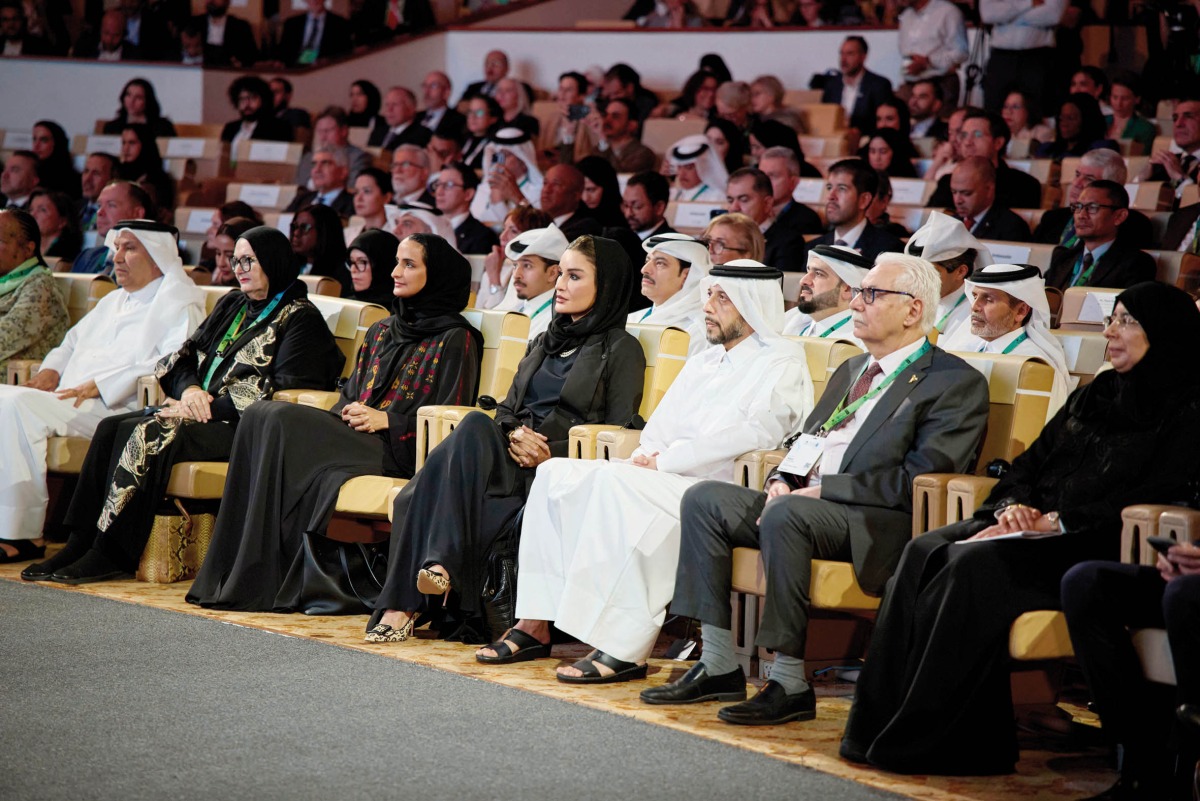Qatar is set to adopt the CARDIO4Cities approach—a data-driven cardiovascular population health initiative—and establish itself as the regional hub for its expansion across the Middle East and North Africa. The announcement was made during the closing session of the 2024 World Innovation Summit for Health (WISH), the biennial healthcare knowledge forum organised by Qatar Foundation.
CARDIO4Cities, developed and validated by the Novartis Foundation, has demonstrated its effectiveness in rapidly improving cardiovascular health in urban populations. By harnessing the power of data, the initiative enables authorities to make more informed decisions about their healthcare systems and populations. It has already been successfully implemented in São Paulo (Brazil), Dakar (Senegal), and Ulaanbaatar (Mongolia).

Dr Ann Aerts, Head of the Novartis Foundation, highlighted the initiative’s impact, stating: “The CARDIO4Cities programme has achieved remarkable success in various regions, including Latin America, where significant reductions in heart attack and stroke rates have been recorded.”
She continued, “By launching CARDIO4Cities in Doha, Qatar not only leverages its advanced health and data infrastructure to replicate these outcomes for its population but also demonstrates regional leadership, inspiring other countries in the Middle East to adopt precision population health approaches.”
Cardiovascular disease (CVD) is the leading global cause of death, claiming over 20 million lives annually. Up to 80% of these deaths occur in low- and middle-income countries, and most are preventable.
Sheikh Dr Mohammed bin Hamad Al-Thani, Director of the Public Health Department at Qatar’s Ministry of Public Health, explained:
“Cardiovascular disease is the primary cause of death in Qatar. Noncommunicable diseases cost the country QR 18.1 billion annually, with CVDs accounting for 73% of this burden. Many of these diseases are preventable. This is why we are committed to shifting our focus towards prevention rather than solely improving treatment. For chronic diseases, this approach is crucial, as most drivers of these conditions can be addressed through changes in daily life outside healthcare facilities.
“We are eager to implement CARDIO4Cities in Qatar and collaborate with various sectors and stakeholders to enhance cardiovascular health across the nation.”
Dr Hilal Lashuel, Research, Development and Innovation Adviser to the Chairperson’s Office and Executive Director of Research, Development and Innovation at Qatar Foundation, emphasised the significance of the initiative saying, “Joining CARDIO4Cities provides Qatar with unique opportunities to improve public health and drive innovation. Working with a global network of cities allows us to exchange knowledge, learn from diverse urban settings, and adopt novel solutions. This collaboration will enable us to develop tools for integrating and analysing data and scalable strategies to improve cardiovascular health at both the population and individual levels.”
He added that the programme’s key strength lies in its tailored, data-driven approach, which adapts interventions to local needs while prioritising data privacy and security.
WISH 2024, held under the theme ‘Humanising Health: Conflict, Equity, and Resilience’, convened over 3,000 delegates, including more than 200 global health leaders and expert speakers. The two-day summit explored evidence-based healthcare innovations to tackle critical global health challenges, such as the impact of conflict on healthcare, cancer, antimicrobial resistance, mental health, and palliative care.

